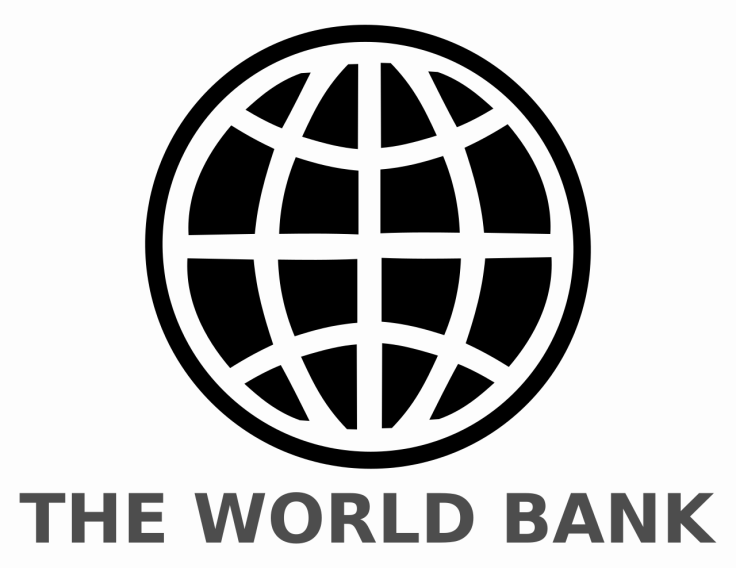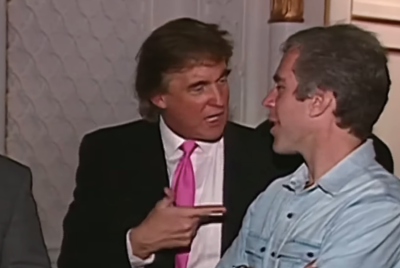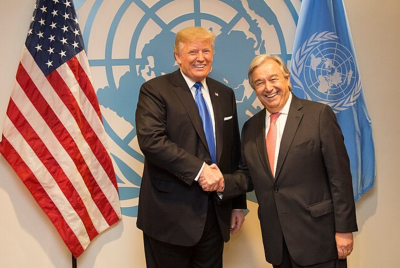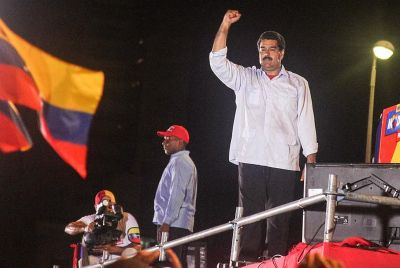World Bank Rep Satu Kahkonen Faces Backlash for Opposition to 'Free Lunch' Policy
World Bank's Indonesia rep faces backlash for opposing President-elect's plan for free school lunch and milk ('makan siang gratis').

The World Bank's senior most official in Indonesia has sparked a domestic backlash by criticizing one of the President-elect's core campaign proposals.
Satu Kahkonen, the Bank's Representative for Indonesia and Timor Leste, has been a vocal opponent of incoming president Prabowo Subianto's proposed policy of providing free lunch and milk to all school children. The proposal was dubbed 'makan siang gratis' or free lunch.
Despite its recent solid economic performance, Indonesia continues to grapple with. persistent malnutrition and stunting among its youth. Indeed, 21% of under-18s suffer from stunting, according to a study by the Centre for Policy Studies.
This directly impacts the development of Indonesia's human capital – which is crucial to the country of 277 million reaching high-income status – as educational efforts are hampered and long-term earnings become depressed.
The proposal proved highly popular. Mr Subianto and his running mate Gibran Rakabuming, now Vice President-elect, won over 60% of the vote in February's election, precluding a second round of voting.
Their popularity helps to explain the fierce criticism of Kahkonen's comments by 'netizens' on Indonesian social media.
A view has formed that Kahkonen overstepped the mark with her criticism of Subianto's proposal; the World Bank is ostensibly a neutral institution, and her statements are viewed domestically as being politically motivated.
For Kahkonen, implementing free lunches would be overly expensive despite the pressing need to prevent Indonesian youths from going without essential nutrients. She contends that implementation would take Indonesia's fiscal deficit over 3%.
Sri Mulyani, Indonesia's finance minister, has made similar warnings about the deficit. Mulyani is the best-known representative of the neoliberal wing of Indonesian politics, opposed to public investment and favouring the role of the international private sector.
This approach, however much it is favoured by international institutions, is not popular in Indonesia.
Polling shows that voters favor state intervention and protectionism to raise living standards and safeguard the most vulnerable in a country where the poverty rate is still elevated at 9% despite being on a downward trend.
Unsurprisingly, Indonesians' wariness of the free market thinking embodied by the World Bank and, to a great extent, Mulyani is mirrored by their widespread indignation about and opposition to foreign intervention in domestic politics.
From an institutional perspective, the World Bank's mandate is clear that it may advise on economic issues but must avoid political interference. As such, there is a strong sense that Kahkonen has broken with this norm, playing the man and not the ball with a direct attack on one of Mr Subianto's core campaign proposals.
Regarding the deficit, it's worth noting that the proposal has not been implemented. Subianto is yet to be inaugurated, and his team will likely take a view on Indonesia's economy in the final quarter of this year before deciding which parts of their manifesto to prioritise.
Economists from more progressive schools of economics, such as Keynesians, would argue that targeted investments in the well-being of Indonesian children represent an investment.
Indeed, no one would argue against the reality that better-fed children are a necessity for improving educational performance and is a human right in and of itself. Undeniably, a more educated workforce leads to improved economic performance, thus reducing future deficits in real terms.
These points may have been made to Kahkonen since her intervention, and she would accept their logic. Regarding political interference, it seems clear that Indonesians have given the World Bank a shot across the boughs, as it were.
Indonesia elects leaders based on their policy proposals. External advice is welcome but must not be privileged above the democratic process.
© Copyright IBTimes 2025. All rights reserved.





















